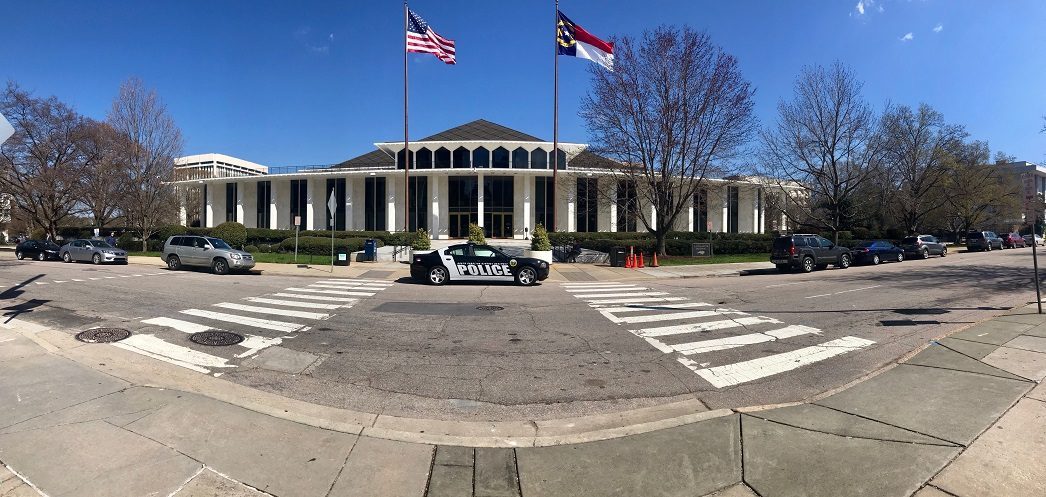
The North Carolina Press Association announced its support Thursday for a bill to amend the North Carolina Constitution with language that preserves the public’s right to access government meetings and records.
The measure, Senate Bill 911, was filed Tuesday in the North Carolina General Assembly. A companion bill, House Bill 1075, was filed in the lower chamber also on Tuesday. Both measures passed first readings and were referred to the respective rules committees in each chamber.
Supporter Spotlight
The association, of which Coastal Review is a longstanding member, says public records are vital to ensuring government transparency and accountability.
“This amendment mandates that authorities cannot restrict access to public meetings and records unless they can demonstrate that such limitations protect a compelling public interest,” said the association, which represents North Carolina newspapers and works to protect the public’s right to know through the defense of open government and First Amendment freedoms. “This critical measure fosters trust in public institutions by ensuring that any restriction on access is both justified and necessary.”
The press association applauded the bills’ sponsors, Sens. Dan Blue (Primary), D-Wake, Graig Meyer, D-Caswell, Gale Adcock, D-Wake, Val Applewhite, D-Cumberland, Sydney Batch, D-Wake, Mary Wills Bode, D-Granville, Natasha Marcus, D-Mecklenburg, Julie Mayfield, D-Buncombe, Mujtaba Mohammed, D-Mecklenburg, Natalie Murdock, D-Chatham, DeAndrea Salvador, D-Mecklenburg, and Kandie Smith, D-Edgecombe; and Reps. Tim Longest (Primary), R-Wake, Pricey Harrison, D-Guilford, Diamond Staton-Williams, D-Cabarrus, Lindsey Prather, D-Buncombe, John Autry, D-Mecklenburg, Cynthia Ball, D-Wake, Allen Busani, D-Orange, Terence Everitt, D-Wake, Frances Jackson, D-Cumberland, Nasif Majeed, D-Mecklenburg, Robert Reives II, D-Chatham, Caleb Rudow, D-Buncombe, and Julie von Haefen, D-Wake, for their efforts in advancing the legislation.
State lawmakers citing “legislative privilege” last year approved legislation that exempted themselves from provisions in North Carolina’s public records law.






